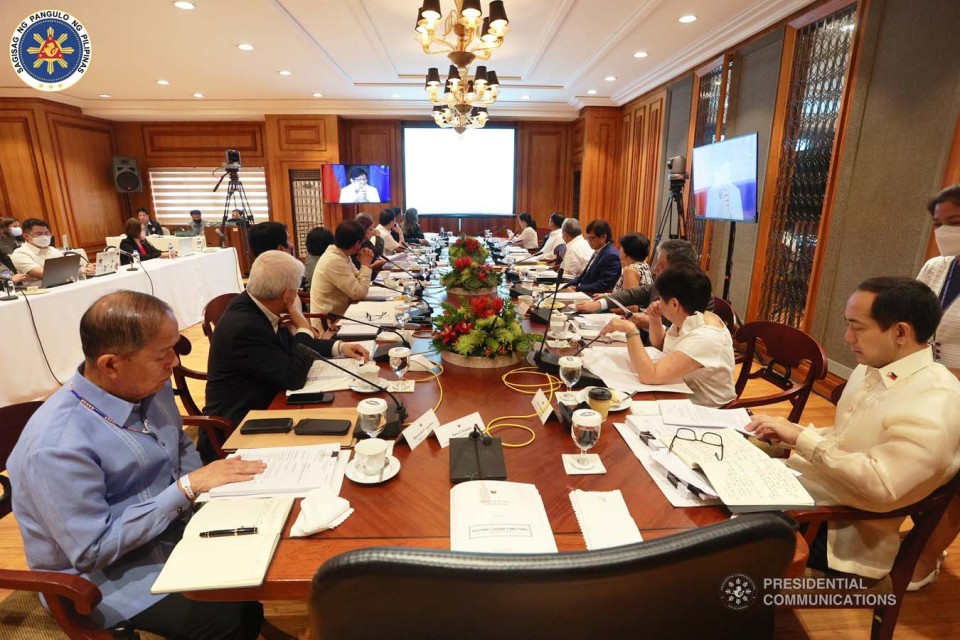
(Eagle News) – Malacanang is currently looking into proposals to reform the curriculum of education in the country after President Ferdinand Marcos Jr., declared his full support for this.
Palace press secretary Atty. Trixie Cruz-Angeles said that this was one of the issues discussed during the President’s second cabinet meeting which was done virtually.
Marcos wants a review of the current education curriculum to better prepare students for higher learning, the Palace said.
During the cabinet meeting, a powerpoint presentation on the need to review the country’s curriculum was given by Trade Secretary Alfredo Pascual who had served as president of the University of the Philippines for six years, from 2011 to 2017.
When he was still the president of UP, Pascual made significant efforts to transform UP into a more research-intensive university, thus raising its international profile as a global university. He also launched new research initiatives including the Philippine Genome Center in 2011 the Emerging Interdisciplinary Research in 2012, and the UP Research Institute in 2016.
Pascual explained to the president how it was also important to upgrade the teachers’ education skills, and one way is to send them for training and further studies abroad.
-Technology changing fast-
He said that technology is changing fast, and teachers should not be left behind.
“We’re developing or helping universities develop this system of micro-credentialing because technology is changing very fast. There is a need for workers to update themselves, to reskill or upskill,” Pascual said.
Malacanang said Pascual cited the case of the National University of Singapore which offers focused but short courses on certain technology and awards students with micro-credential, which is similar to a diploma but for a short course.
The DTI secretary also suggested the need for the Philippines to send Filipino teachers abroad for training, a Palace release noted.
“Vietnam, for example, sends teachers to the United States and Europe for advanced studies,” he said.
To address this problem, Pascual said the Department of Trade and Industry (DTI) should collaborate closely with the Department of Education (DepEd), Commission on Higher Education (CHED), and TESDA.
“We will also collaborate with the said entities or authorities, the skills development, reskilling and upskilling of Philippine workforce through our own Philippine Skills Framework,” he said.
-Upgrading PHL graduates, workers’ competencies-
Palace press secretary Atty. Angeles said that concerns about workers’ skills, competencies, and the way the Philippines produces its graduates were raised during the weekly Cabinet meeting on Tuesday.
“Among the suggestions to address these standing issues include a reform of the current curriculum since the rise of automation has posed a threat to many jobs,” she said.
The President presided Tuesday’s Cabinet meeting via teleconferencing since he is still in isolation after testing positive for COVID-19.
Marcos told his Cabinet members that basic education skills and knowledge must be improved to prepare students as they pursue higher level of learning.
“That is why we have to look at the curriculum as well. Not only of TESDA (Technical Education and Skills Development Authority), but also even our diploma courses,” Marcos stressed.
Pascual, during his time as UP President, had sent more faculty members for advanced research studies abroad.
He also enhanced the rewards for research outputs and was instrumental in getting more funding for UP, including those for international travel grants for teachers and for paper presentations.
He also initiated the shift of the UP academic calendar to August to synchronize it with partner universities in the ASEAN region and with other parts of the world.
Marcos had early on stressed the need for the basic education in the country to focus more on mathematics, technology and the sciences.
(Eagle News Service)








